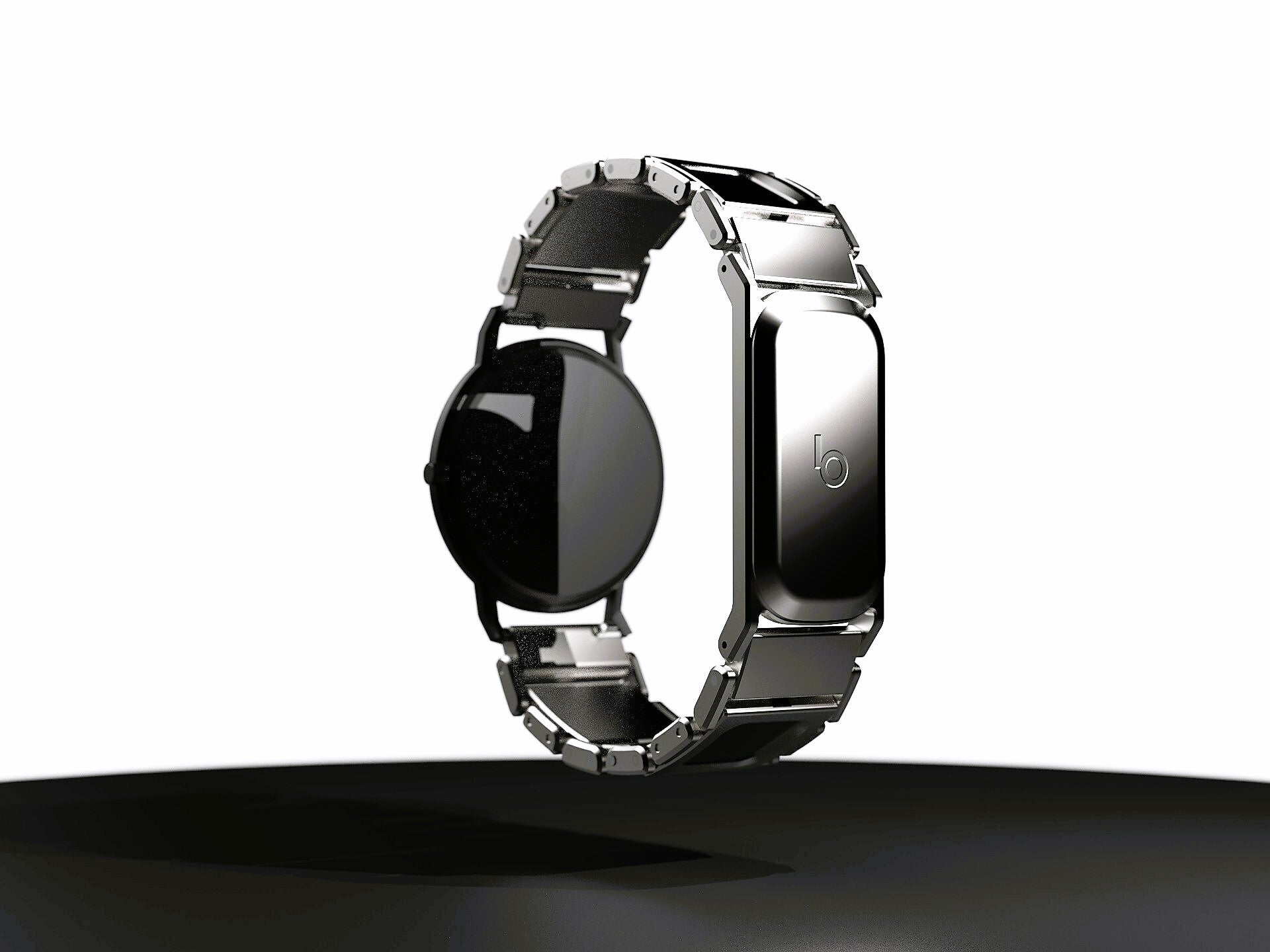Health tracker uses body’s energy to never run out of battery
The Baracoda BHeart harvests energy to charge itself through motion, heat and ambient light

A French startup claims to have invented the first ever wearable health tracker that never runs out of battery.
The Baracoda BHeart uses energy harvesting technology to recharge itself through motion, body heat, as well as ambient light, to give the wearer “endless battery”.
The smart device was unveiled at the 2023 Consumer Electronics Show (CES) in Las Vegas, bigging up the tech show’s Innovation Award in the sustainability category.
Baracoda claims that its patent-pending BMotion energy harvesting technology can be embeded within bracelets and straps that are compatible with any standard watch, allowing it to “blend into existing objects, fashion and routines”.
The BHeart follows several breakthroughs in recent years relating to energy-harvesting technology, with researchers in 2021 unveiling a system that allows electronic devices to run without charging for “an infinite lifetime”.
The head of Baracoda claims this “hassle-free and invisible” approach to health tracking will make it more accessible to people who do not want to worry about charging or maintaining another gadget.
“The first health trackers were important for establishing that wearable technology can encourage healthier lifestyles, but we must reach more than athletes to improve public health,” said Baracoda chief executive Thomas Serval.
“People of all ages and fitness levels need easier ways to track their health, so we must design products that fit into everyone’s lifestyles, including people who don’t find today’s technology accessible or easy to maintain.”
The energy generated is also sufficient to power a range of sensors to gather health metrics, as well as beam it to a companion iOS or Android smartphone or tablet.
The sensors offer insights into a wearer’s body energy, health status, mental resilience, activity level and sleep quality, according to Baracoda.
The BHeart is set to launch in April, costing around $100 (£80).
Join our commenting forum
Join thought-provoking conversations, follow other Independent readers and see their replies
Comments
Bookmark popover
Removed from bookmarks